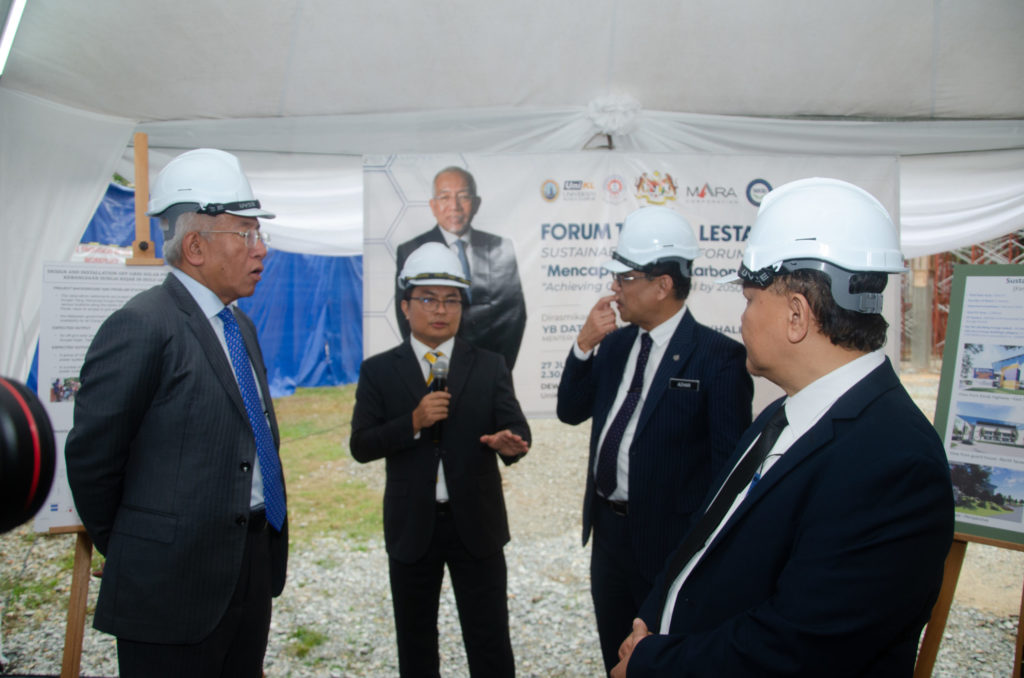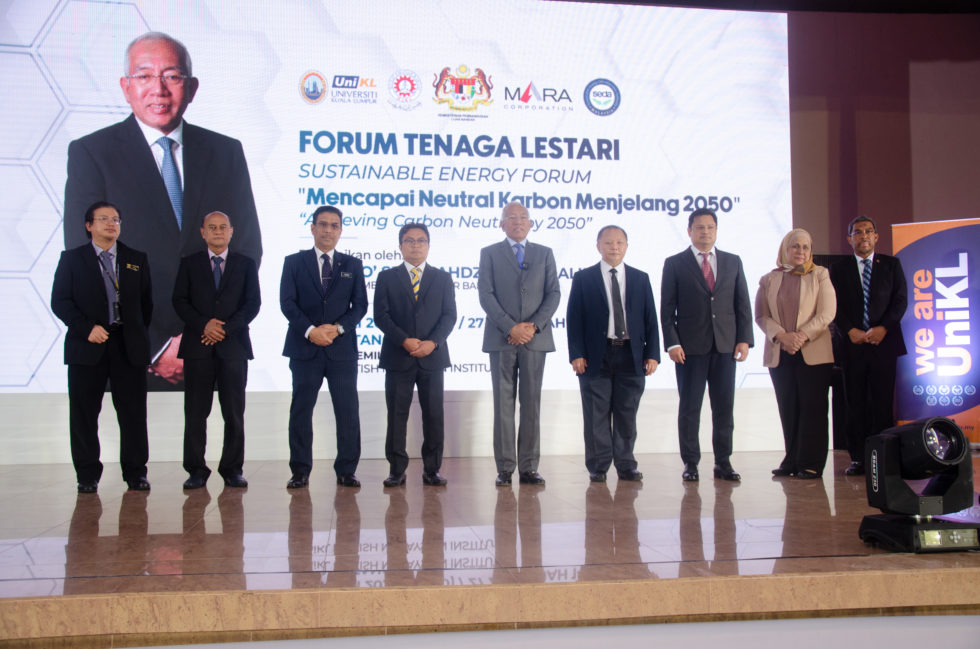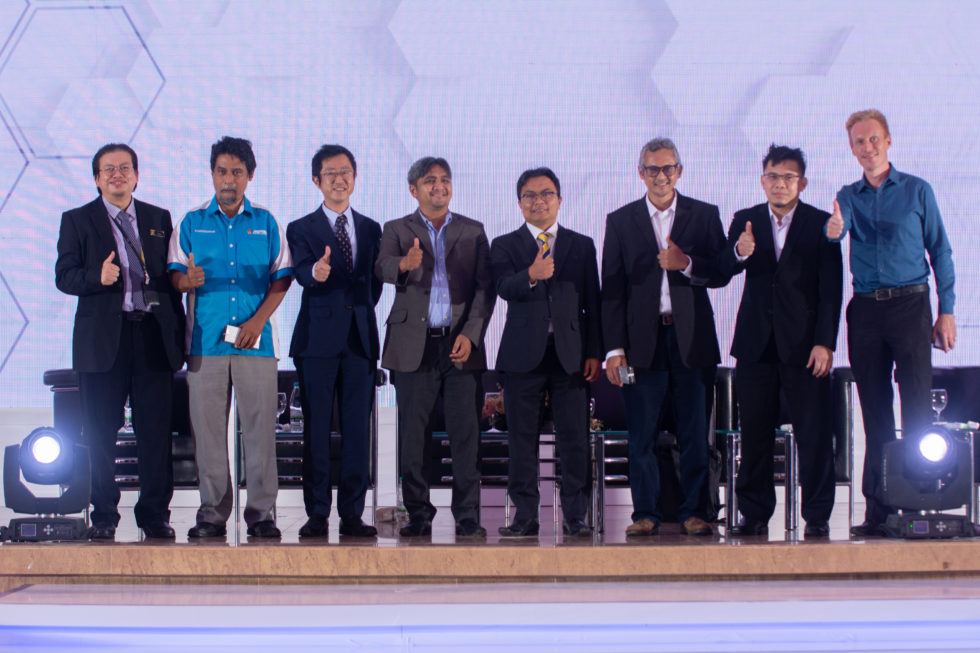
Malaysia will soon witness the first zero-energy building (ZEB) through the establishment of Universiti Kuala Lumpur (UniKL)’s Sustainable Energy Living Lab.
Located at UniKL’s Gombak-based institute, UniKL British Malaysian Institute (UniKL BMI), the three-storey academic ZEB will house teaching and learning facilities as well as research laboratories for sustainable energy studies.
The Minister of Rural Development, Dato’ Seri Mahdzir Khalid said that the building will produce more electricity through photovoltaic solar panels installed on the roof and facade of the building than what it consumes.
“Malaysia is gradually striving to achieve carbon neutral status by 2050, as the Prime Minister (Dato’ Sri Ismail Sabri Yaakob) has often emphasised.
“An important point (that we want to focus on is), that we need expertise among local students or Malaysians who are competent in the field of renewable energy (RE). This is our future,” told him, while adding that UniKL BMI is among the higher learning institute that will spearhead talent development for sustainable and renewable energy in Malaysia.

He spoke at a press conference, after officiating the Sustainable Energy Forum “Achieving Carbon Neutral by 2050” and UniKL Sustainable Energy Living Lab Construction Project, at UniKL BMI, yesterday (27 July 2022).
Also present were the Director General of MARA, YBhg. Dato’ Azhar Abdul Manaf; Deputy Director-General (Education) of MARA, YBhg. En. Razlan Haji Samsuri; MARA Senior Director of Investment, YBhg. En. Mohd Diah Abas; Group Chief Executive Officer of Mara Corporation Sdn Bhd, YBhg. Dato’ Julainie Mohd Salleh; YB Senator, Datuk Dr Azhar Ahmad, President/Chief Executive Officer of UniKL, Datuk Dr Roziah Omar and the Dean of UniKL BMI, Assoc. Prof. Dr. Kushsairy Abdul Kadir.
Through the establishment of the Sustainable Energy Living Lab which is expected to be completed in February 2023, UniKL will offer a Bachelor of Electrical Technology Engineering (Sustainable Energy) in addition to two professional certificates namely Energy Efficiency and Grid-Connected Photovoltaic (PV) Systems Design.
Following this, the technical university is expected to produce 1,000 internationally recognised technology engineering bachelor’s degree holders in the sustainable energy sector by 2030 to meet the job demands of the industry in Malaysia.
On another note, the project leader of Sustainable Energy Living Lab, Mohd Akram Dandu, who was invited as a panellist at the forum, believes that Malaysia is on track toward achieving its goal of carbon neutrality by 2050.

“Malaysia wants to go carbon-neutral by 2050, and the good thing is, UniKL has already progressed towards it and in fact, we are actually exceeding it (through the establishment of Sustainable Energy Living Lab),” remarked him, adding that it is high time for UniKL to explore more the potentiality of sustainable energy.
During the forum discussion, Mohd Akram highlighted that the Sustainable Energy Living Lab is capable of reducing around 18 tons of carbon emissions.
The forum also featured Senior Director of Smart Glass Division AGC Asia Pacific Pte Ltd, Singapore, Masayuki Hayashi; Director of Technical Development And Facilitation Division at Sustainable Energy Development Authority (SEDA); Ts. Steve Anthony Lojuntin; Director and Professor at Solar Energy Research Institute (SERI), Universiti Kebangsaan Malaysia (UKM); Prof. Dato’ Ts. Dr. Kamaruzzaman Sopian; and Managing Director of IEN Consultants Sdn Bhd, Gregers Reimann.
For the record, UniKL is the only university that has been commissioned by the SEDA to run the Solar Photovoltaic Systems Design (GCPV Systems Design) programme.

